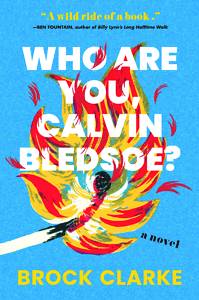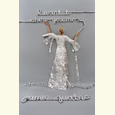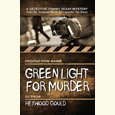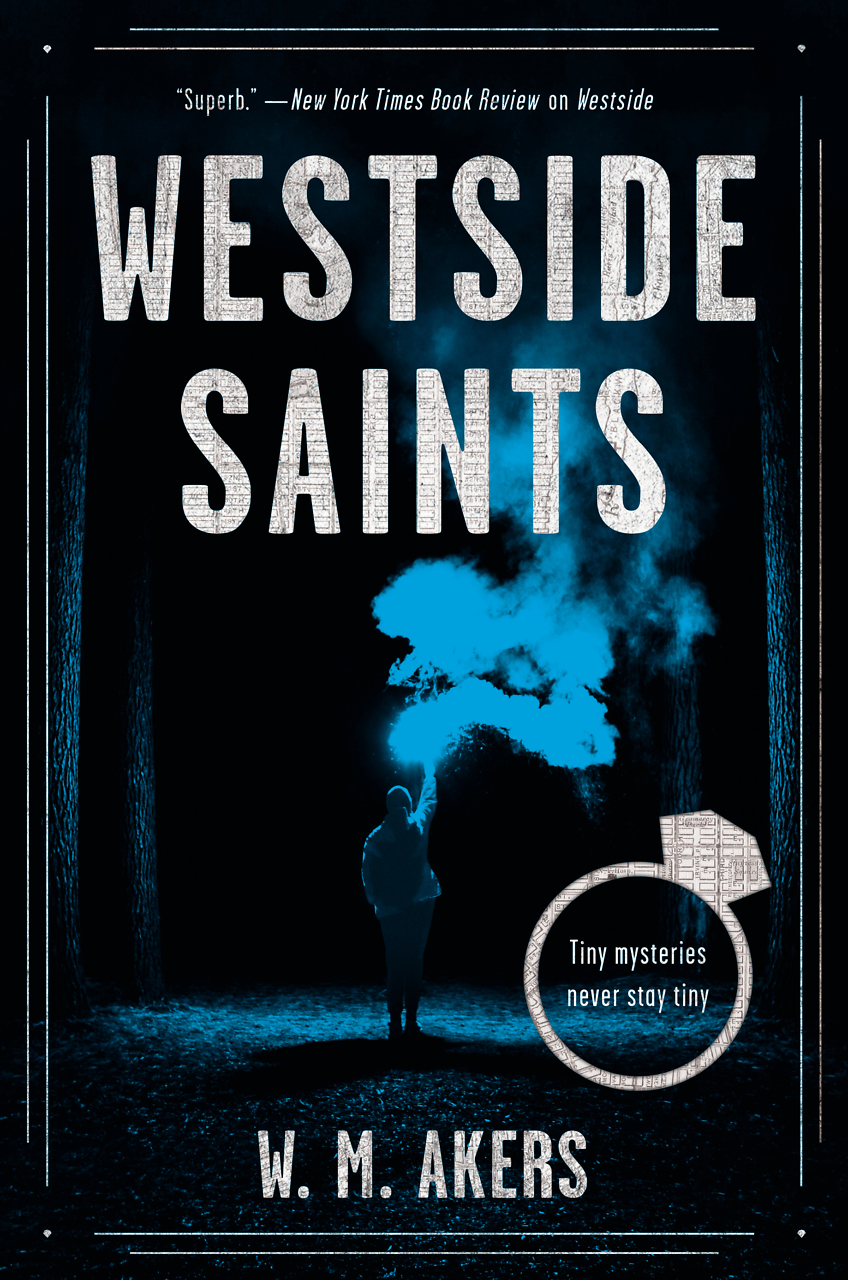The Cold Can Teach Us Many Things
Novelist Brock Clarke sharpens his absurdist comic edge in Who Are You, Calvin Bledsoe?
Brock Clarke’s Who Are You, Calvin Bledsoe? begins with a funeral. Pellet stove industry blogger Calvin Bledsoe has just buried his mother, a celebrated scholar of theologian John Calvin. Actually, he hasn’t exactly buried her. She died when her car stalled on a railroad track and was struck by a train carrying propane tanks, which exploded into fire “so intense that even my mother’s bones, even her teeth, had been burned into nothing. There was nothing left of her at all.”

A fitting end, perhaps, for a scholar of Calvin, whose austere vision Brock Clarke liberally dispenses to great comic effect, such as when, while preparing his mother’s eulogy, Calvin (the pellet stove industry blogger, not the theologian) considers reciting one of her favorite aphorisms from the great man: “I consider looseness with words no less of a defect than looseness of the bowels.”
Enter Calvin Bledsoe’s mysterious Aunt Beatrice, whose existence he discovers when she appears and introduces herself at the funeral. “Was she as cold a mother as she was a sister?” Aunt Beatrice asks. Calvin is too stunned to reply. “’But what’s wrong with that?’ my aunt continued. ‘After all, the cold can teach us many things.’”
This remark, along with the novel’s general outline, pays homage to the influences upon which Clarke drew to create this novel. In the book’s acknowledgments, Clarke attributes the phrase to a response given by the celebrated writer Joy Williams to criticism of the “coldness” of the work of Don DeLillo. (One senses other notes of literary homage in Aunt Beatrice, who, like Williams, rarely appears without shielding her eyes behind sunglasses.)
In a companion essay published in The Algonquin Reader, Clarke also playfully confesses that Calvin’s mother’s career and his persistent comic exploitation of Calvinism derive from “hearing the writer Marilynne Robinson rhapsodize loudly, and at length, about the Protestant theologian.” Furthermore, Clarke shares how Calvin Bledsoe was inspired by Travels with My Aunt, Graham Greene’s 1969 comic road novel in which a repressed bank manager is led on a jaunt across Europe by his eccentric aunt. “Novels come from other novels,” Clarke writes. The trick, it seems, is to repurpose what is drawn from life and fiction into something original, illuminating, and, at least in the case of Where Are You, Calvin Bledsoe?, both incisive and very, very funny.
 With Who Are You, Calvin Bledsoe? Clarke sharpens the absurdist-comic edge he’s been honing through four preceding novels and three story collections, most notably the bestselling An Arsonist’s Guide to Writers’ Homes in New England. The plot, however pleasing, and the characters, however quirky and endearing, are secondary to the wit, wisdom, and wordplay. Perhaps mindful of John Calvin’s remark about looseness with words, Clarke writes clean, concise sentences in a dry, ironic tone that evokes both Joy Williams and a stand-up routine by Stephen Wright. There are many comic moments, but Calvin Bledsoe isn’t slapstick. The mirth comes amidst pointed satire of this cultural moment, in which ennui seems to be the prevailing response to the daily stream of absurdities flooding the news cycle alongside atrocities that make Calvin Bledsoe’s reluctance to leave his parents’ basement entirely understandable.
With Who Are You, Calvin Bledsoe? Clarke sharpens the absurdist-comic edge he’s been honing through four preceding novels and three story collections, most notably the bestselling An Arsonist’s Guide to Writers’ Homes in New England. The plot, however pleasing, and the characters, however quirky and endearing, are secondary to the wit, wisdom, and wordplay. Perhaps mindful of John Calvin’s remark about looseness with words, Clarke writes clean, concise sentences in a dry, ironic tone that evokes both Joy Williams and a stand-up routine by Stephen Wright. There are many comic moments, but Calvin Bledsoe isn’t slapstick. The mirth comes amidst pointed satire of this cultural moment, in which ennui seems to be the prevailing response to the daily stream of absurdities flooding the news cycle alongside atrocities that make Calvin Bledsoe’s reluctance to leave his parents’ basement entirely understandable.
According to Brock Clarke, via Calvin Bledsoe, “You do not honor life’s great mysteries by asking the mysteries to explain themselves to you.” There are many mysteries in the text of Who Are You, Calvin Bledsoe?, some that ultimately explain themselves (though not upon request) and others that linger after the last page. In Clarke’s conception, answers and solutions don’t seem to be the point, in life or in fiction. The trick, as this wise, clever novel proves, is to summon the will to turn away from the screen, get off the couch, and go out in search of adventure without needing to know where the journey will end.

Ed Tarkington’s debut novel, Only Love Can Break Your Heart, was published by Algonquin Books in 2016. His second novel, So Wise So Young, is forthcoming from Algonquin in fall 2020. He lives in Nashville.


